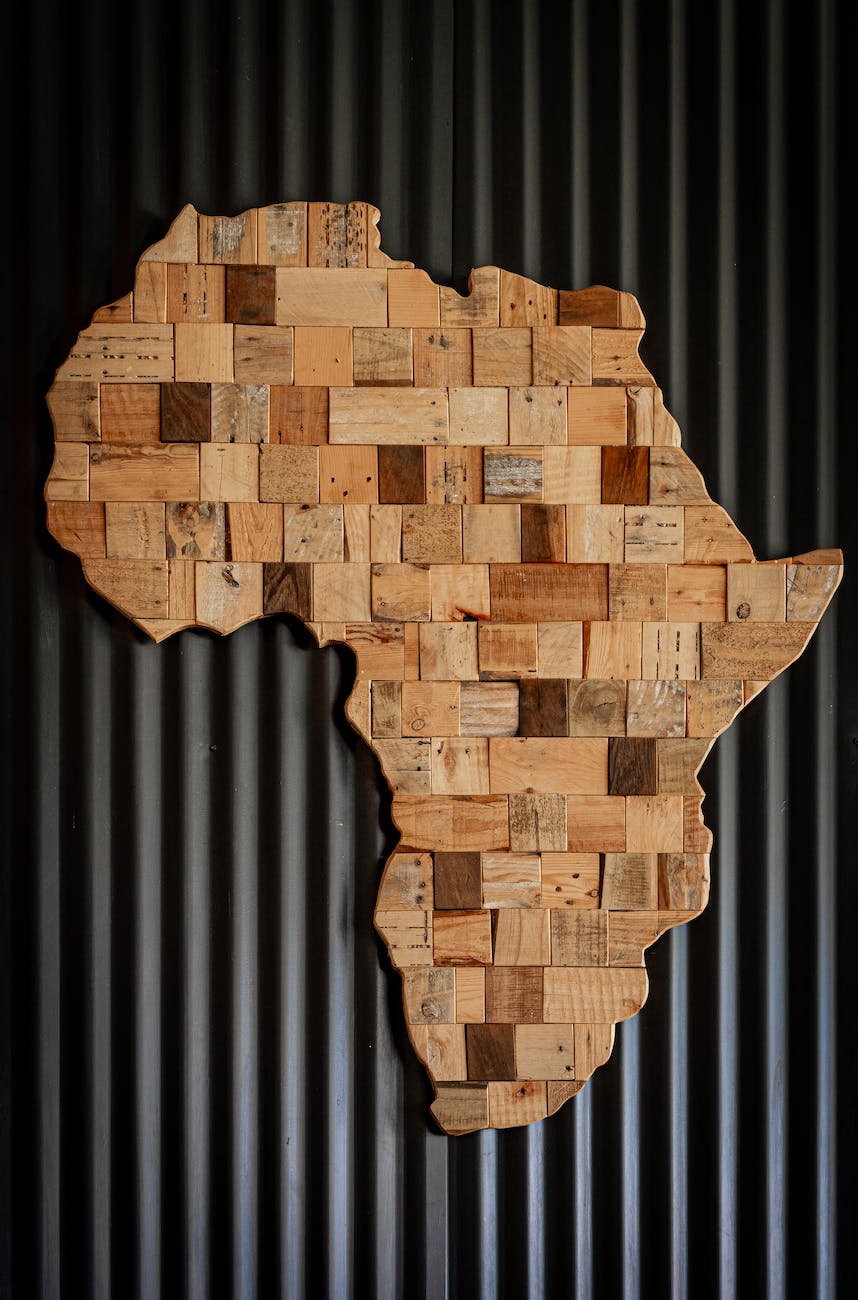The just concluded Africa Climate Summit was a key milestone in pushing the specific outcomes that have a direct impact on the continent. It was part of the pro-active movement to manage climate issues within the continent and around the world. Acting on the agreed actions will not only lead to a ‘healthier’ earth but one that is sustainable for future generations.
This comes at a time when advancement in technology is also at an accelerated rate – or the 4th industrial age, as highlighted by pundits. Hence, it’s a pivotal moment for Africa to join in the development of sustainable technology, which will act as an enablement for meeting the future goals, not only on climate, but also on overall development within the continent.
In the book, Mwafrika – the people and market scene in Africa, sustainable technology in Africa describes the innovation that considers natural resources and fosters economic and social development. This technological goal is to drastically reduce environmental and ecological risk and create a sustainable product.
Decades of research have demonstrated competing schools of thought on the condition favorable to the technology diffusion. The first theoretical lens is the latecomer advantage hypothesis, which argues that because developing countries often lag their developed counterparts, they often adopt technology much later, after costs decline and efficiency improves. Consequently, the diffusion of new technology in developing nations tends to be faster than in advanced nations. Emerging economies also leap to these technologies at a fraction of the original research and development costs and skip decades of false increment steps and leap directly into the latest and most advanced technologies in the field. For instance, in the mobile phones market, most markets in Africa have the latest devices just like in developed markets.
Another school of thought is that new technology diffuses more rapidly in “open” economies, which creates conditions for trade and investment, which is the phase that Africa is at now. The crux of this argument is rooted in the neo liberal assertion that liberalization is an effective mechanism for accelerating technology diffusion. By creating more economies through trade, liberalization, and deregulation, African countries will augment the demand and supply of new technology. It is evident that cross-border trade facilitates technology diffusion through imitation and enables nations to capture the benefits of innovation and technologies developed elsewhere. African trade openness creates conditions for exchanging ideas, introducing new technologies, and ultimately contributing to technology adoption and technology use. Thus, international trade and foreign direct investment have been identified as the channel of technology diffusion and its sustainability in Africa.
In addition, government support and capabilities act as sustainable factors of technology and its diffusion in African economies. It can moderate the pace of distribution. Government capabilities refer to the differential abilities some governments have in devising policies that promote new resources accumulation, accompanied by the credible mechanisms to monitor the outcomes of policies that curb dysfunctional political interface. Therefore, government interference and influence in technology diffusion and sustainability may tend to differ across nations. Related to this are country-specific factors such as the attainment of high levels of education in countries, as a highly educated individual is more likely to become aware of the existence of new technology. The quality of human capital also plays a factor in technology diffusion and sustainability. Human capital development through education and public investment appears essential in the countries’ ability to capture values for state-of-the-art technologies. For this reason, a country’s type of government and human capital endowment are primary determiners of the point at which a given technology will be adopted and sustained.
Another vital and unforgettable aspect of sustaining technology in Africa would be its ability to blend with the climate and ecosystem in Africa. It is essential to note that in as much as technology plays a vital role in the betterment of human lives and a country’s economy at large, if it poses a danger to the climate and ecosystem of the country at a given point, it would be either demolished or done away with. This factor calls for federal law enforcement and government decision on whether to abolish a technology that threatens the country’s ecosystem.






Leave a Reply